Bingo was first discovered in Italy in 1530. The game, “Lo Giuocco del Lotto D’Italia,” was the first sponsored lottery and was not accepted by the church. It moved over to France in the 1770’s and became similar to the game we now played today. The French version; “Le Lotto,” was usually only played among the wealthy. In the 1800’s, Germany found a better use for the game and used Bingo to help children learn. It wasn’t until 1929 that the game appeared in the United States. Beano, the original name of the game in the US, was first played in an Atlanta fair. The game’s name and its popularity were to forever change when Edwin S. Lowe in New York heard someone accidentally call “Bingo” during a game. Ironically, it was a Catholic priest who started the modern day trend of the game. He asked Lowe to use a Bingo game as a fund raiser for the church. Lowe’s game helped save the church and Lowe saw huge potential in the game. He hired a mathematics professor, Carl Leffler, to create 6,000 different Bingo cards. The professor eventually completed the process, but lost his mind in the process.
By 1934 there was 10,000 Bingo games played weekly. Today, 90 million dollars is spent each week on games of Bingo. Bingo lost some of its popularity in the 1990’s as it was targeted to older ladies in Bingo Halls and had lost its “coolness.” However thanks to the Internet, and modern themes and changes to the game, online Bingo has brought the game back and bigger than ever. Bingo is especially popular in the UK where in October of 2008 the British based show Bingo Night Live hosted a TV and online tournament becoming the largest online bingo game in history with 59,392 players. Today, approximately 10% of all women play Bingo for a fun social online game. The game is also popular with young school children as limitless versions of the game teach everything from colours and shapes, to letters and reading.. The popularity of the game is increasingly soaring in all age groups.
By stickystebee
Article written by Lucy for Mecca Bingo

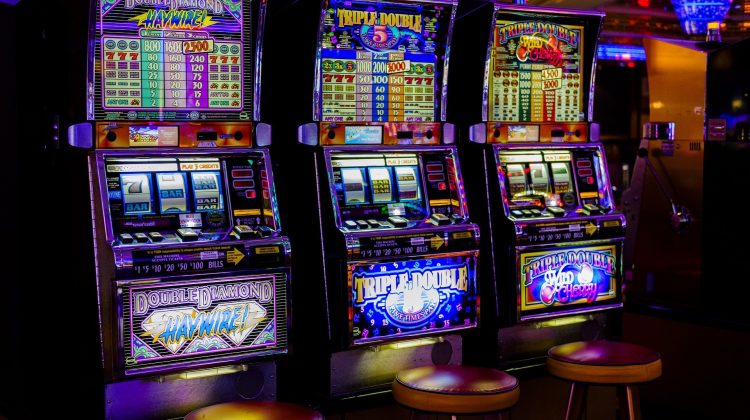
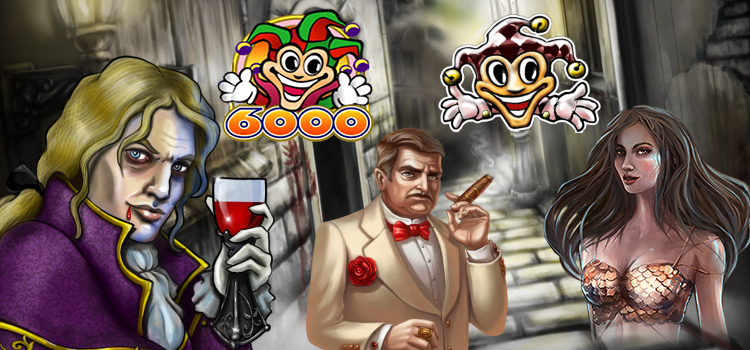
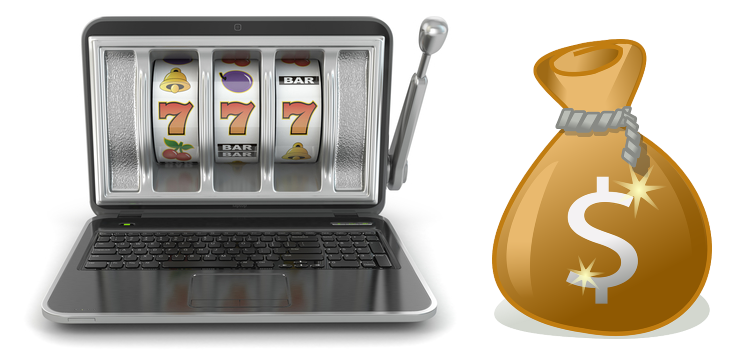

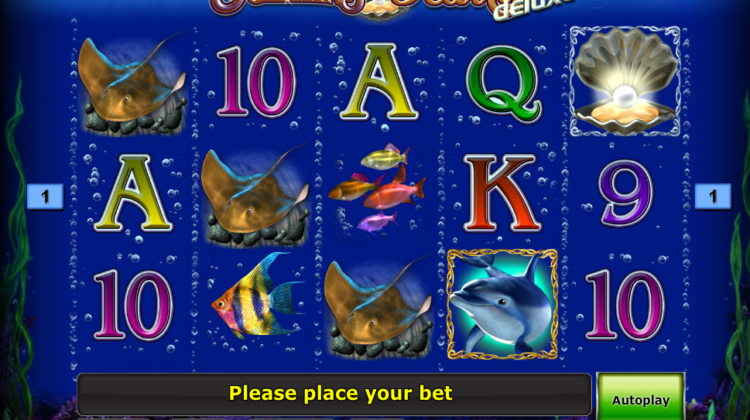
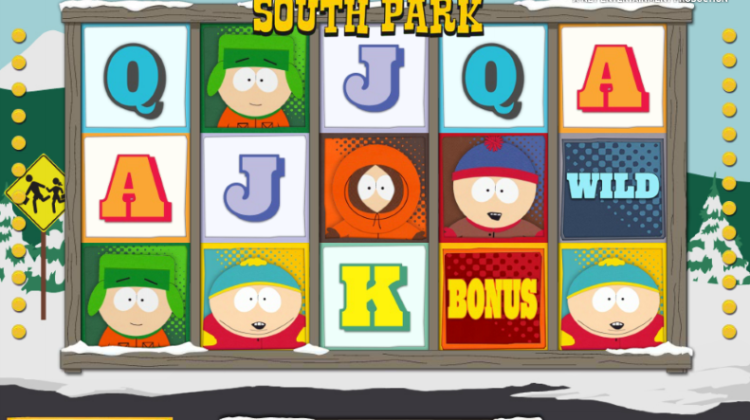

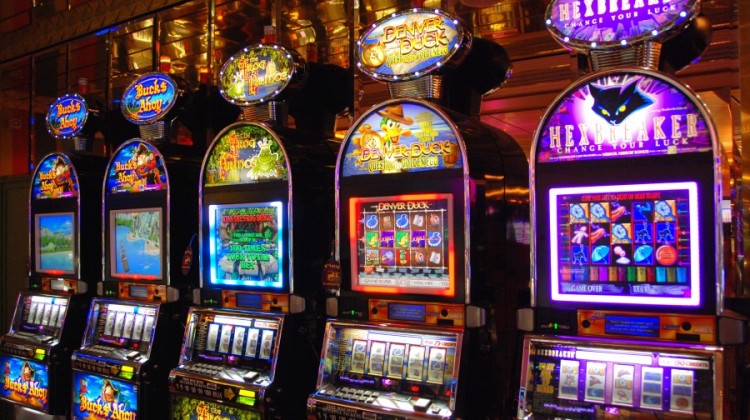
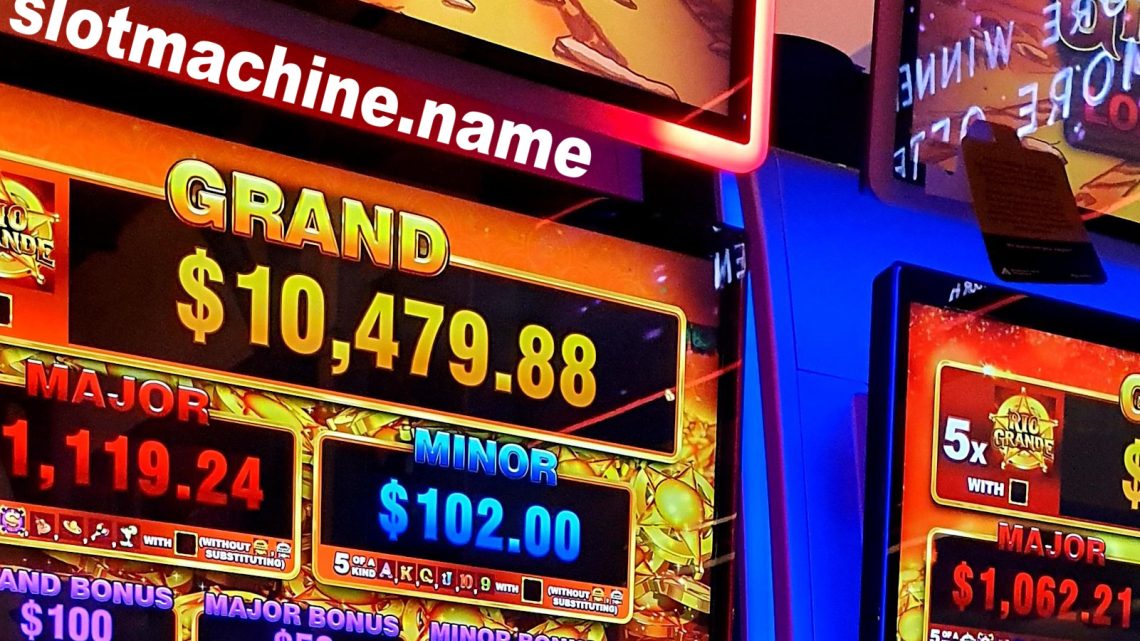
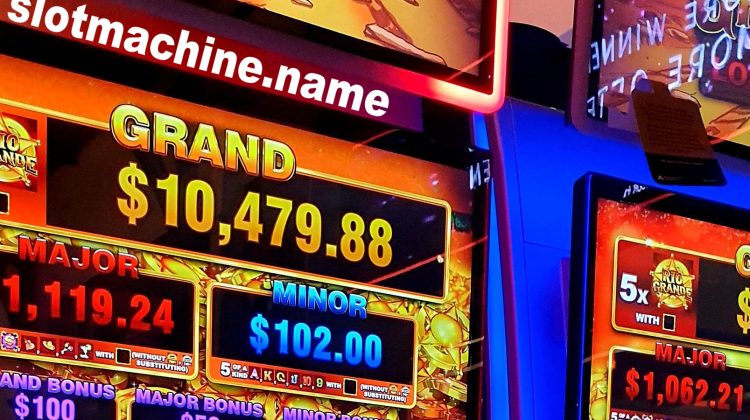
No Comment